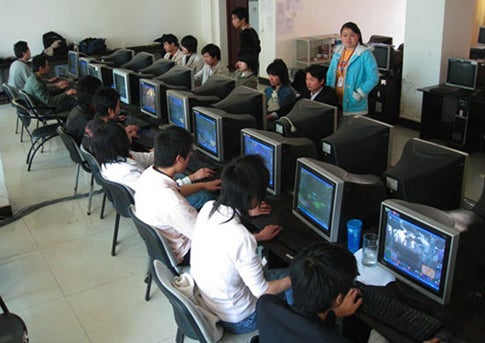Chinese Prisoners Forced to Virtually Farm Gold in Video Games
Not as fun as it sounds

Being a prisoner in China really seems like it would suck. Liu Dali, a (pseudonymous) former prisoner, was jailed for “illegally petitioning” the government about corruption, and sentenced to three years in a hard labor camp. During the day, according to The Guardian, he worked 12-hour shifts in a coal mine, and at night, he was forced to farm virtual gold online, which would be sold by the prison guards for a huge profit.
In games like World of Warcraft, gamers can virtually “farm gold”, which essentially means playing in a tedious and repetitive way to score some in-game currency–it might mean fighting the same bad guy over and over again, or completing a small task a few thousand times. Players (or, in this case, slavedrivers) actually sell that virtual gold for real-life currency, usually to people in developed countries who want a better character but don’t feel like arduously spending days leveling up, and would rather just pay for the stats. Apparently, the guards at Liu’s prison realized that they could make even more money forcing prisoners to farm gold than by forcing them to perform manual labor. The 300 prisoners forced to farm gold could earn their guards up to $1,000 per day, not that the prisoners ever saw a single yuan of it.
This kind of forced virtual labor seems like a not uncommon occurrence; anywhere there are lots of people compelled to do manual labor and a way to make money doing it, these kinds of situations will arise. There are virtual sweatshops in which workers must play for 12 hours a day, though accusations of prison virtual labor is new. China has made minor efforts to regulate the trade in virtual goods, but there are still thought to be around 100,000 full-time gold farmers in the country.
[via The Guardian]